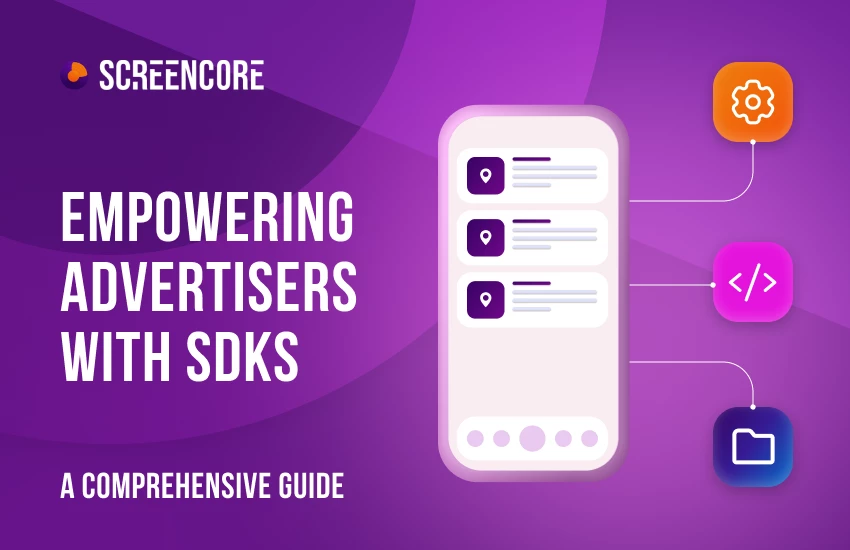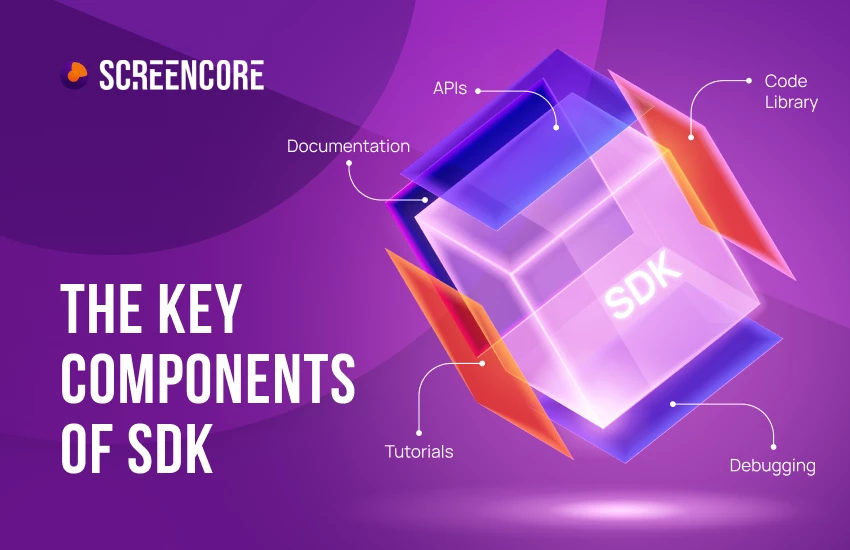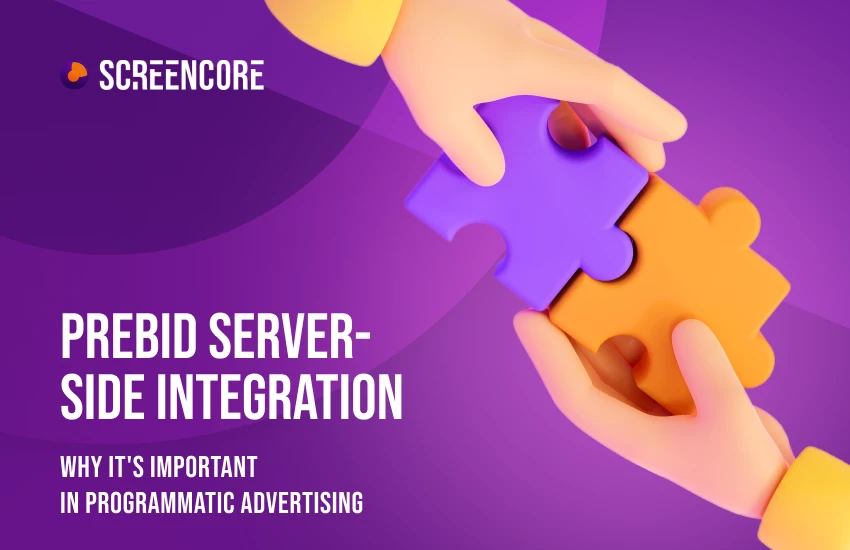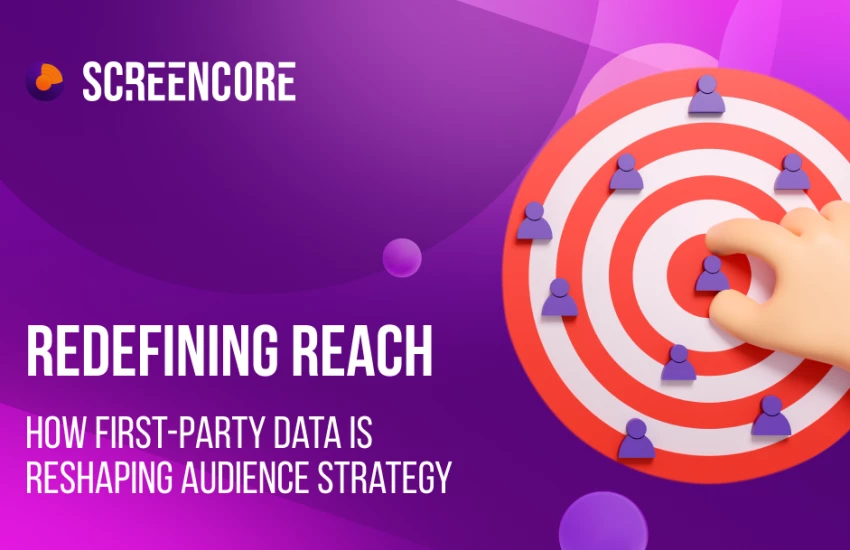Empowering Advertisers with SDKs: A Comprehensive Guide

Every person all over the world spends an average of over 4.8 hours on their smartphones and interacts with approximately 80 apps. So apps play a significant role, consuming a substantial portion of people's daily lives. At the same time, SDKs are present in the majority of apps.
Software Development Kit (SDK) is a set of tools to build software for a particular platform. SDKs typically include libraries, Application Programming Interfaces, documentation, and other components that assist developers in building, testing, and deploying software applications. SDKs not only let developers create new tools efficiently but also make the process easier.

There are two types of mobile SDKs:
- Open source SDK. It is a code that the public has access to.
- Closed source SDK. It is a code that is closely guarded and not easily accessible.
In the advertising context, SDKs play an essential role in enabling the integration of advertising features and functionalities into mobile apps and other software applications. They allow app developers and publishers to monetize their content through advertisements while providing advertisers with a platform to reach their target audiences effectively.
Key functionalities of advertising SDKs
Advertising SDKs encompass a range of benefits that enable developers and publishers to integrate advertisements into their apps.
1. Ad mediation allows developers to access multiple ad networks or demand sources through a single integration. The SDK optimizes ad revenue by automatically selecting the best-performing ad from various networks based on predefined rules or algorithms.
2. Ad Serving. One of the primary functions of an advertising SDK is to handle the delivery and display of ads within the app. The SDK manages the process of fetching ads from ad networks or demand sources and presenting them to users at appropriate moments during app usage.
3. User tracking. Advertising SDKs incorporate tracking and analytics components to monitor ad performance and user behavior. Developers and advertisers can gain insights into ad impressions, clicks, conversions, and other crucial metrics to measure the success of ad campaigns.
4. Attribution. SDKs assist in attributing specific user actions, such as app installs, in-app purchases, or other conversions, to the advertising source that led to the action. This attribution data is valuable for advertisers to determine the effectiveness of their campaigns and allocate budgets efficiently.
5. Format Support. Advertising SDKs support various ad formats, such as banner ads, interstitial ads, native ads, rewarded video ads, and more. Different ad formats cater to different user experiences, and the SDK ensures the correct rendering of each ad type.
6. Advertising Privacy. With the increasing focus on data privacy, advertising SDKs should comply with relevant privacy regulations and ensure user data is handled responsibly, with appropriate user consent mechanisms in place.
The Impact of SDKs on Advertising Industry
SDKs influence ad performance and the overall user experience within apps. Integrating multiple SDKs can increase the app's loading time, leading to slower app launch and potentially frustrating users.
Striking a balance between app monetization and user satisfaction is crucial for long-term success. By carefully evaluating the impact of each SDK on app loading time, ad delivery, stability, and user experience, developers and advertisers can optimize ad performance and revenue generation.
How can we ensure compliance with privacy regulations through SDKs
User privacy has become a paramount concern for app developers and publishers. It's crucial to ensure that the company handles user data responsibly and in compliance with privacy regulations.
Before integrating any SDK, it is important to review the privacy policies of the SDK providers and ensure they align with relevant privacy regulations, such as GDPR, CCPA, or others applicable to your target audience. You can also practice data minimization: Collect only the data necessary for app functionality and the specific purposes outlined in your privacy policy. Avoid gathering excessive or irrelevant user data through SDKs. Ensure data transmitted between the app and the SDK provider is encrypted and sent securely over HTTPS to prevent unauthorized access.
As a company, Screencore also anonymises data to protect user identities. This way, individual users cannot be identified through the data collected via SDKs.
We establish clear data retention policies and adhere to them strictly. It is important for us to avoid retaining user data longer than necessary for the intended purposes.
Keeping SDKs up-to-date to ensure compliance with any changes in privacy regulations is also important for advertising companies. Regular updates may address privacy concerns and improve data handling practices.
If you want to know more about integrating SDK as a tool for building software connect with us today!

